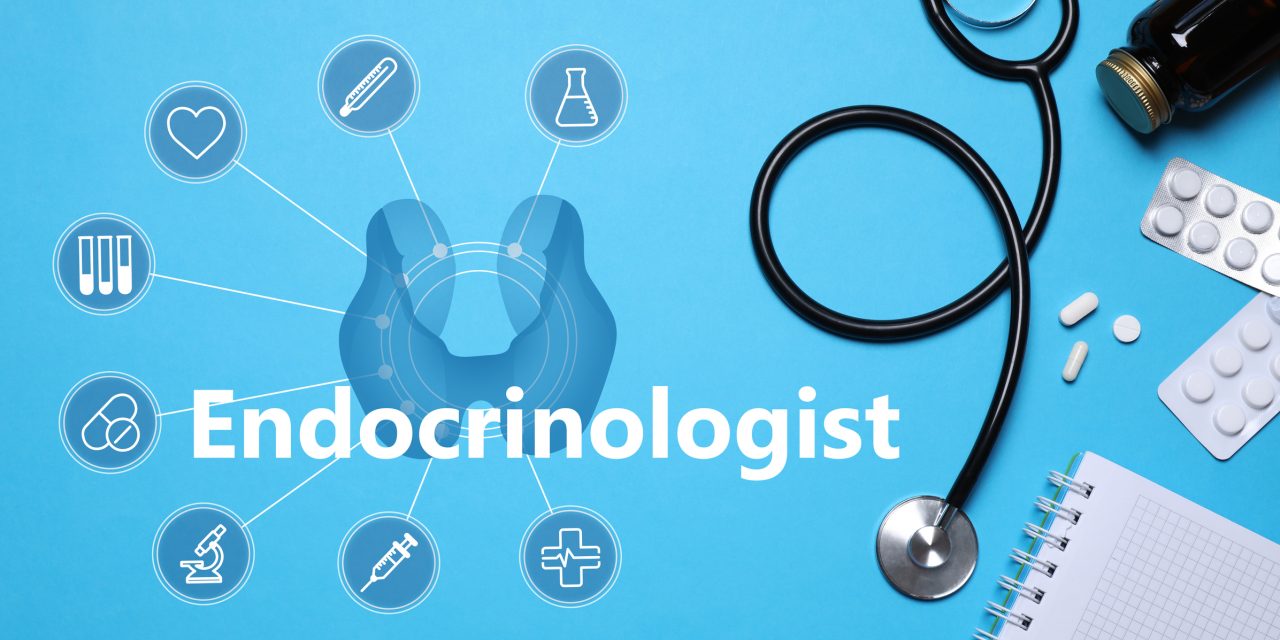Primary hypothyroidism commonly occurs after radiotherapy (RT), and coincides with increased circulating thyroid-stimulating hormone (TSH) levels.We tested therefore the protective effect of suppressing TSH with L-thyroxine during RT for medulloblastoma/PNET and Hodgkin lymphoma (HL) in a prospective cohort study. From1998 to 2001, a total of 37 euthyroid children with medulloblastoma/PNET plus 14 with HL, scheduled for craniospinal irradiation and mediastinum/neck radiotherapy, respectively, underwent thyroid ultrasound and free triiodothyronine (FT3), free thyroxine (FT4), and TSH evaluation at the beginning and end of craniospinal iiradiation. From 14 days before and up to the end of radiotherapy, patients were administered L-thyroxine checking every 3 days TSH to ensure a value < 0.3 μIU/mL. During follow-up, blood tests and ultrasound were repeated; primary hypothyroidism was considered an increased TSH level greater than normal range. Twenty-two/37 patients with medulloblastoma/PNET and all the 14 patients with HL were alive after a median 231 months from radiotherapy with 7/22 and 8/14 having correctly reached TSH levels < 0.3 μIU/mL and well matched for other variables. Twenty years on, hypothyroidism-free survival rates differed significantly, being 60% ± 15% and 15.6% ± 8.2% in TSH-suppressed vs. not-TSH suppressed patients, respectively (P = 0.001). These findings suggest that hypothyroidism could be durably prevented in two populations at risk of late RT sequelae, but it should be confirmed in a larger cohort.
Long-term results of suppressing thyroid-stimulating hormone during radiotherapy to prevent primary hypothyroidism in medulloblastoma/PNET and Hodgkin lymphoma: a prospective cohort study.


